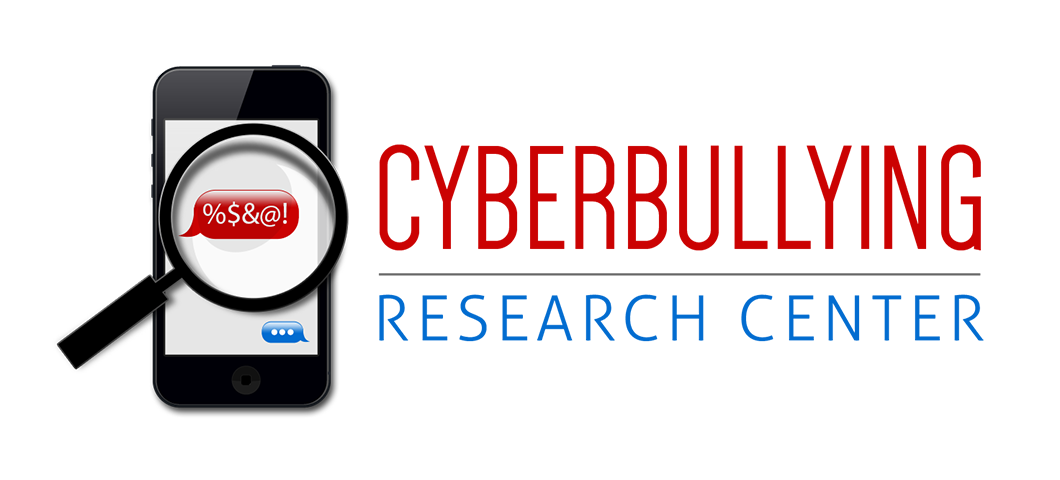
Much of our work to teach adults about what teens are doing online is directed toward educators or parents, but increasingly we are working with law enforcement officers – especially those assigned to a school setting (school resource or liaison officers). Like the others, police officers often find themselves in a difficult situation when confronted with a cyberbullying incident because of unfamiliarity with the technology or ambiguity in currently laws not designed to address such behaviors. Despite deficiencies in the law, most officers recognize that their role goes beyond simply enforcement. This is especially true for school-based officers who are mentors, educators, investigators, first responders, and so much more. Even when it comes to responding to cyberbullying or other teen technology misuse, law enforcement officers should be encouraged to use their discretion to “handle” the particular situation in an informal and creative way, when appropriate. Threats of arrest or detention don’t usually deter students from misbehaving, because they often feel invincible or able to elude the law. But the student who develops a strong bond to an officer will no doubt follow the law voluntarily in order to avoid disappointing their mentor. This is related to the broader issue of the importance of developing a caring and respectful climate at school—one in which the school law enforcement officer is a contributing part.
Over the last couple of years, we have formally surveyed approximately 1,000 law enforcement officers (including over 300 school resource officers) to better understand their unique perspectives concerning cyberbullying and other online behavioral problems. I will be presenting some of this research at the annual meeting of the Midwestern Criminal Justice Association later this week in Chicago. In general, over 85% of the officers surveyed said that cyberbullying was a serious concern that warrants the response of law enforcement. Almost 90% of the school resource officers had dealt with a cyberbullying case “sometimes” or “often.” Interestingly, though, about 25% of the school resource officers and over 40% of the traditional law enforcement officers didn’t know if their state had a law specific to cyberbullying. If you are one of those people, see our summary here.
So what we have learned in our preliminary research and discussions with law enforcement officers is that they realize they have a role to play, but they need more training. More and more states are passing laws on bullying and cyberbullying and while most of the legislation focuses on the responsibilities of educators, many school administrators are turning to their law enforcement partner for assistance. If you are a school-based officer, then you are in the right place to learn about these issues. If you are an educator or parent, you might want to pass our site on to them so they have a resource to turn to.
If we want to stop cyberbullying, all of the adults who interact with students need to recognize it as something worth stopping. That means we should talk with adolescents about online responsibility and integrity and intervene when we see or hear something inappropriate. Again, that doesn’t mean we should arrest and formally sanction those who engage in bullying. We have long argued that most cyberbullying cases should be handled informally. I believe that law enforcement officers should be in on these efforts as well. We need to remember that the primary goal is to get the bullying, no matter where it is happening, to stop. The more we accept that as our underlying mission, the easier it will become to see what needs to be done.








So, how come everybody wants to be a victim of something?
So, how come everybody wants to be a victim of something?
So, if you have been cyberbullied is it a crime. Or if u were the bully is it a crime
So, if you have been cyberbullied is it a crime. Or if u were the bully is it a crime
cheyenne you aren’t the brightest one are ya?
cheyenne you aren’t the brightest one are ya?